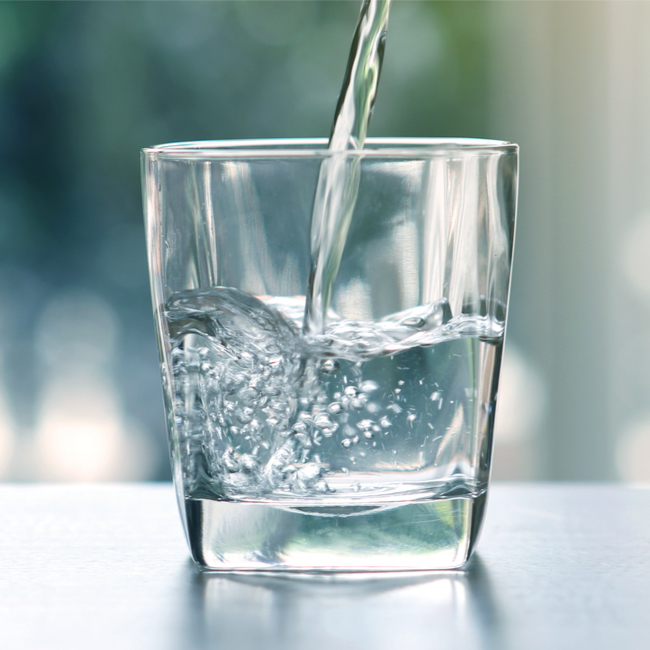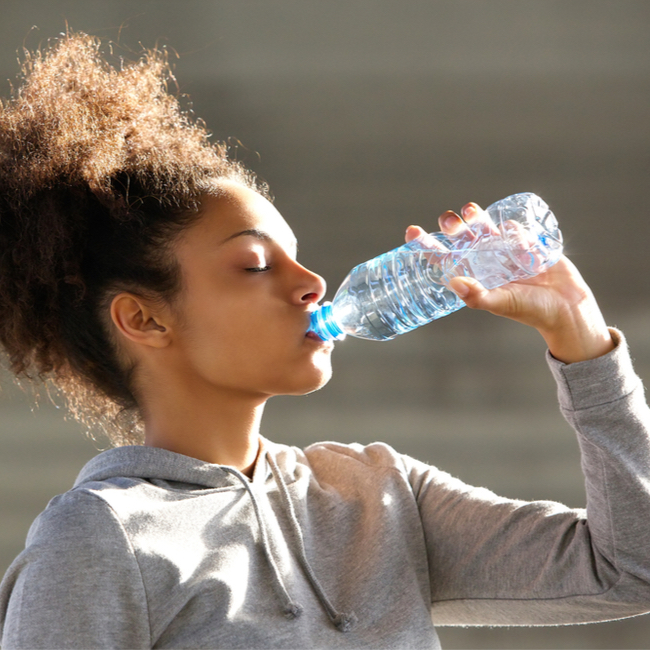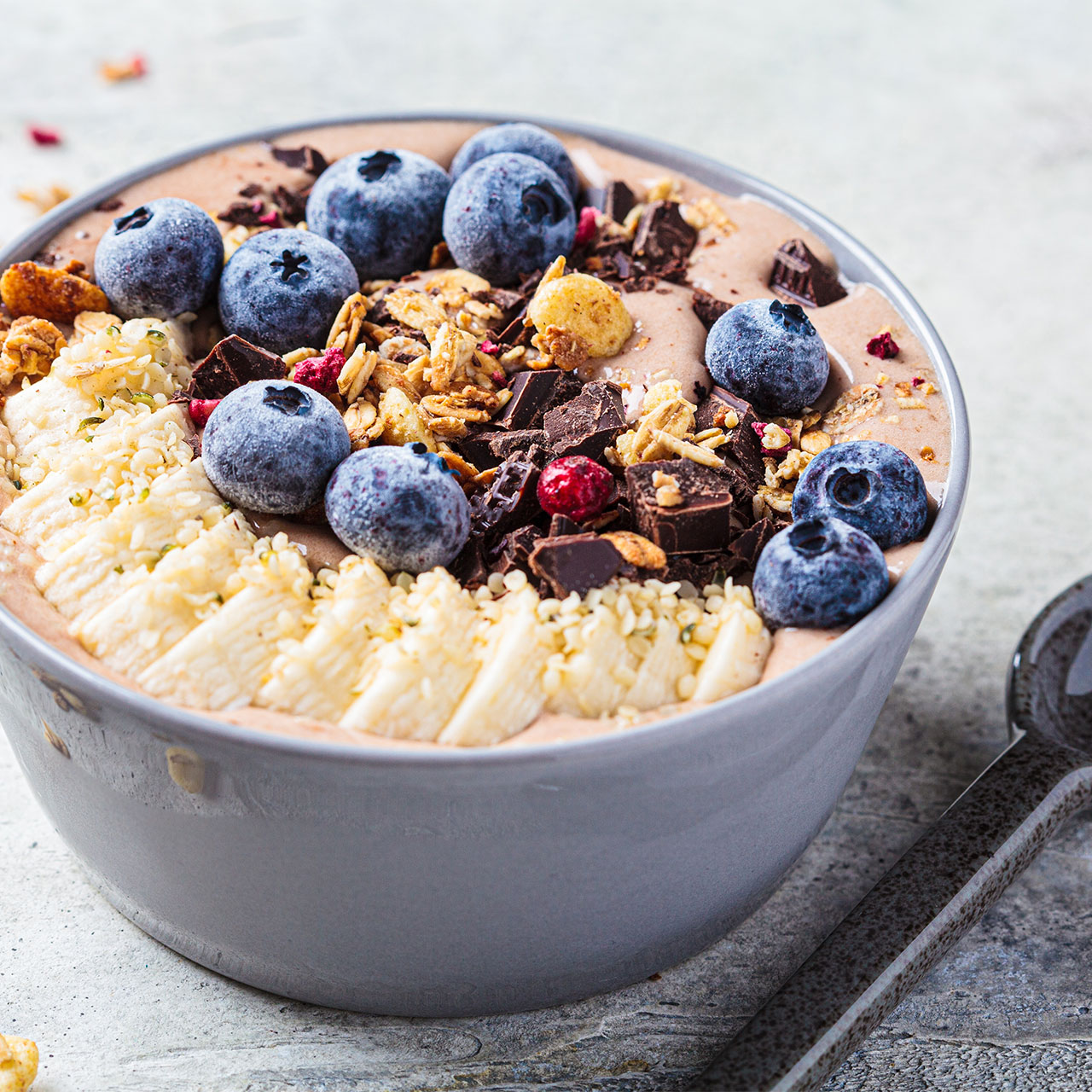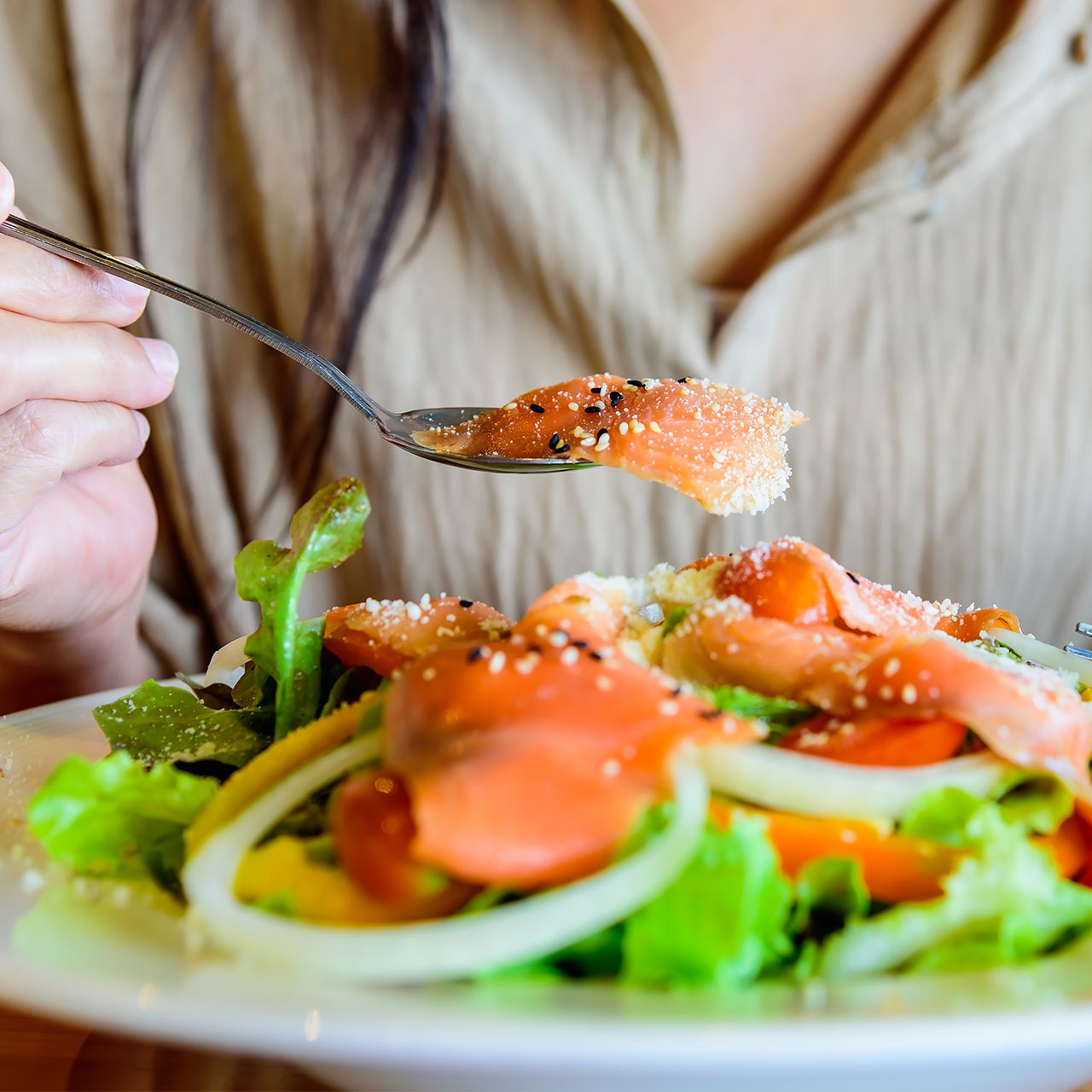This is an archived article and the information in the story may be outdated. Please check the time stamp on the story to see when it was updated last.
The overall health of your body is dependent on a number of factors from the types of food that you eat to your regular exercise routine. In order to lose weight you must create a calorie deficit that requires you to consume less calories than you’re burning each day. Exceeding this deficit can lead to a plateau in weight loss, or even cause weight gain if you continuously eat more calories than you’re burning.
This may seem straightforward, but there are other factors that come into play in determining the number of calories you burn each day, and may make an impact on the success of your weight loss. If you’ve been putting on weight and are unsure which part of your wellness routine is causing it, there’s one thing that experts warn could be amiss in your diet.


It’s always been emphasized that drinking plenty of water is essential for staying healthy, but the facts of dehydration aren’t as frequently discussed, particularly in conversation with weight gain. The reality is that water has a direct impact on many aspects of your health, including your metabolism, essentially determining how many calories you can burn at rest throughout the day.
“Dehydration can impede your body’s metabolism and energy expenditure, which over time can lead to weight gain,” explains registered nutritionist Jay Cowin NNCP, RNT, RNC, CHN, CSNA. “Water is also important for digestion. Water helps your body to break down the food you eat, allowing nutrients to be absorbed by your body.”
When you deprive your body of the amount of water necessary to stay hydrated, it will become more difficult for your body to burn through food as fuel and it may instead begin storing it as fat as your digestion slows. “Studies show that drinking 2 cups of water before a meal increases your metabolic rate by 30 percent,” notes Cowin, so if you’re looking for a simple way to speed up your metabolism and burn more calories at rest, drinking more water may be the solution.
If you’re constantly dehydrated, your body may also confuse this with hunger, making you more likely to overeat and therefore exceeding the calorie deficit needed for weight loss. It’s often best when you first experience signs of hunger to evaluate the last time you had a sip of water, and lead with that before dipping into a snack.

Another reason why your weight may be affected by dehydration is the impact inadequate water intake can have on your muscles. “If you’re dehydrated your muscles can’t function to their fullest potential. You may feel fatigued or weak and physical tasks, like exercise, may feel overly difficult,” warns Cowin. “This can lead to feeling unmotivated to work out and ultimately lead to weight gain.”
Inflammation may be another unexpected side effect of dehydration which can lead you to feel bloated and uncomfortable in your body. While this is simply water weight, it may impact your self esteem and can lead you to believe that you’ve gained weight when you’re really only holding onto what little water you have left in your body. To combat these health concerns, drinking between 2.7-3.7 liters should be ample hydration to reduce the effect on your metabolism and keep you feeling well nourished.
Although it’s still important to maintain a healthy and balanced diet and continue to exercise regularly for a healthy lifestyle, keeping hydrated is another easy way to keep your weight in check and even increase weight loss while boosting your metabolism. If you aren’t drinking enough water you will notice that your body may be fatigued, bloated, or even begin to display true weight gain due to unhealthy cravings or eating in excess to compensate for thirst, so make sure to keep a water bottle on hand throughout the day in order to maximize your health and keep dehydration at bay.
Making small, sustainable changes in your diet is essential for seeing the results you’re seeking out of your weight loss journey, and drinking enough water is one of the best things you can do for your body on the whole.


























